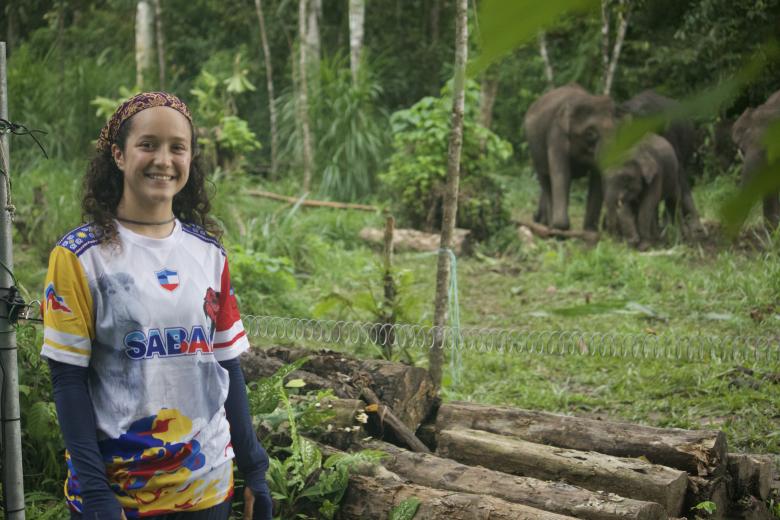UM student Natasha Lawrie studies the Bornean elephant: “I only had one week to find them”
Natasha Lawrie, a bachelor’s student from the Maastricht Science Programme, conducted her thesis research in the rainforests of Sabah. There she made surprising discoveries about the feeding habits of the endangered Bornean elephant.









